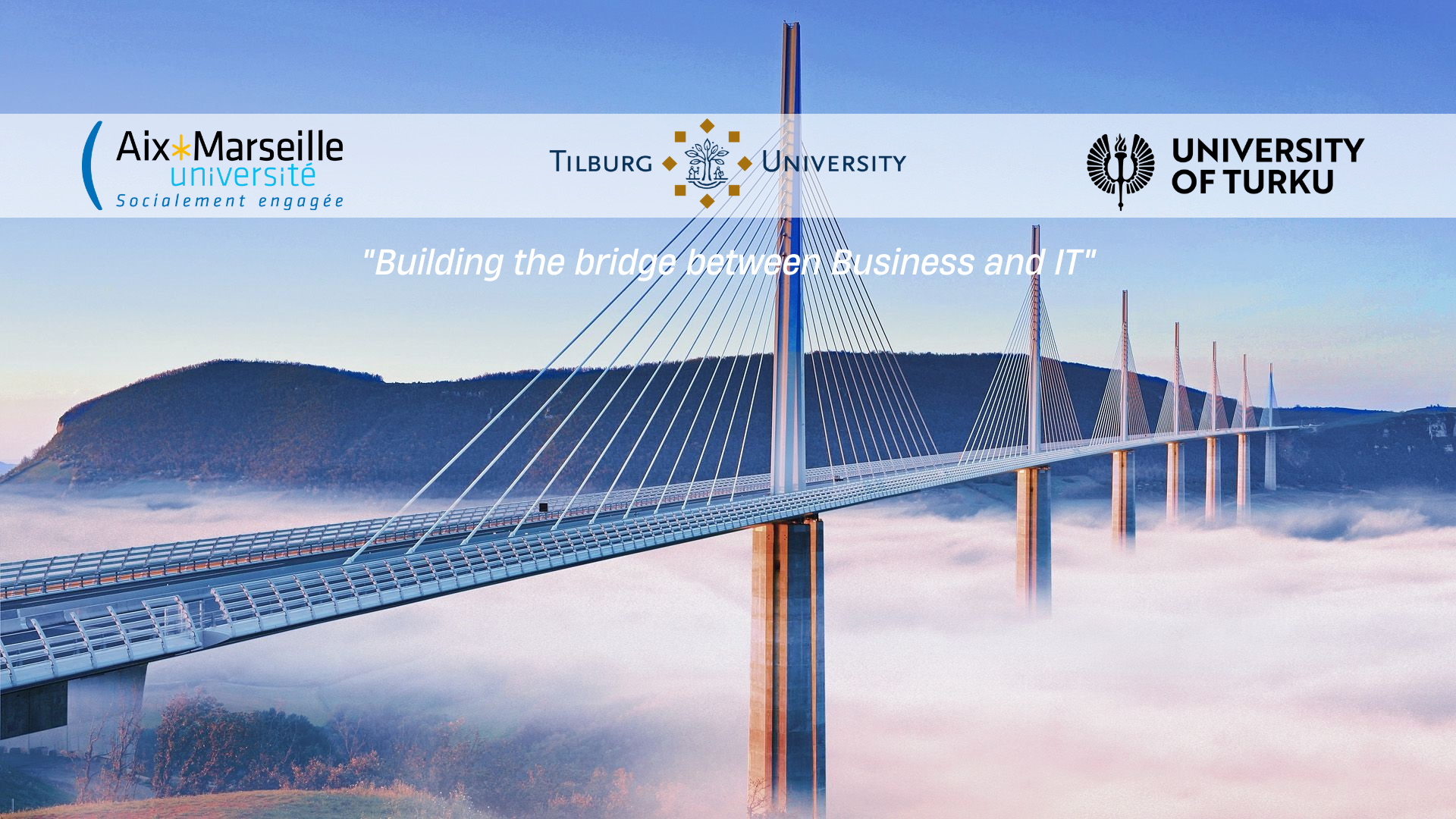Abstract: There are many different strategic objectives in managing an acquisition. One of the objectives that have grown in importance in recent years is the digital component of an acquisition. Especially in IT-driven acquisitions, spotting digital value levers and developing transformative capabilities help unlock more value from M&A. However, developing these digital dynamic capabilities in the context of M&A is novel and only practised by the most innovative firms.
This paper aims to uncover what role the digital dynamic capabilities play in the pre-signing phase of an IT-driven acquisition and whether there are any advantageous digital dynamic capabilities for IT-driven acquisitions. This thesis focuses on solving these questions by conducting informed grounded theory by studying multiple cases with semi-structured interviews and an extensive literature review.
From the analyses of the interviews and a confirmation of the validating focus group, insights into critical and supportive digital dynamic capabilities for the pre-signing phase of an IT-driven deal have been found, and a select few capabilities are picked to build a new theoretical model, namely formulating digital strategies, conducting IT due diligence, analysing the financial value of IT, leveraging digital knowledge inside the firm and external recruiting of digital expertise. These and other supporting digital dynamic capabilities are essential in unlocking value from IT-driven acquisitions.
